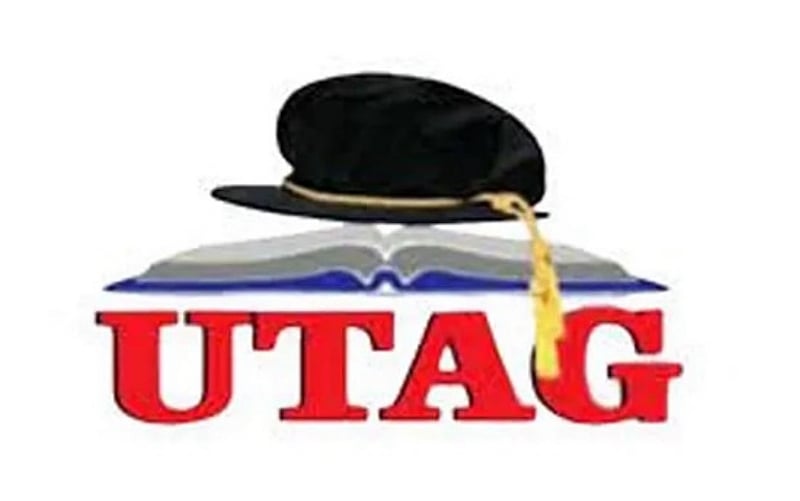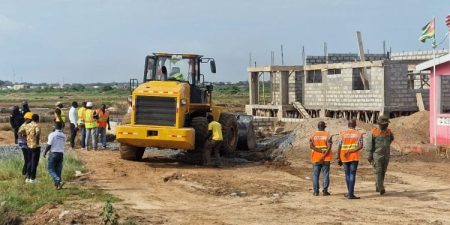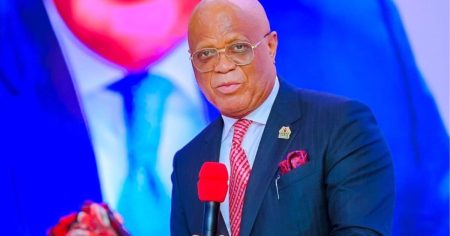The University Teachers Association of Ghana (UTAG) has issued a firm ultimatum to the Ghanaian government regarding the timely disbursement of the Book and Research Allowance (BRA) for the 2024/2025 academic year. UTAG emphasizes the crucial role of this allowance in supporting research and academic development and expects all eligible members across various universities to receive their due payments as soon as possible. They have set a deadline of September 2025 for full disbursement and warned of potential industrial action if this deadline is not met. This demand underscores the ongoing tension between the government and tertiary education unions concerning the consistent and timely provision of this vital allowance.
The BRA is a critical component of the compensation package for university lecturers in Ghana, intended to facilitate research activities, purchase of academic materials, and participation in scholarly conferences. Its timely disbursement is essential for maintaining the quality of research and teaching within the country’s higher education institutions. Delays and inconsistencies in the payment of the BRA have historically been a source of contention between university teachers and the government, often leading to industrial actions that disrupt academic calendars and affect students’ learning. UTAG’s current demand reflects the continued struggle to secure reliable and predictable funding for this essential aspect of academic life.
UTAG’s call for timely BRA payment is not an isolated incident. It follows a recent joint press release issued in conjunction with the Technical University Teachers Association of Ghana (TUTAG) and the Colleges of Education Teachers Association of Ghana (CETAG). These three unions collectively expressed their deep concern and frustration over the government’s delayed announcement of the official exchange rate for the allowance and the subsequent delay in its disbursement. This joint action highlights a broader issue of funding and resource allocation within the tertiary education sector, suggesting systemic challenges in meeting the financial needs of educators across different types of institutions.
The government’s response to the unions’ concerns has been to engage in dialogue and offer assurances. Finance Minister Dr. Cassiel Ato Forson met with the union leaders following their joint press release and assured them that the BRA, which is allocated within the 2025 budget, would be released soon. This meeting signifies the government’s acknowledgement of the issue and its attempt to address the unions’ concerns through negotiation and promises of action. However, UTAG’s subsequent ultimatum with a specific deadline indicates that the union remains cautious and requires concrete action rather than mere assurances.
UTAG’s insistence on a September 2025 deadline for full BRA disbursement demonstrates the union’s commitment to holding the government accountable for its promises. This deadline serves as a clear benchmark for assessing the government’s progress in addressing the issue and provides a trigger for potential industrial action if the necessary steps are not taken. By setting a firm deadline, UTAG aims to prevent further delays and ensure that the allowance, which is essential for supporting their academic work, is provided without undue disruption. This approach reflects the union’s resolve to protect the interests of its members and advocate for the proper resourcing of tertiary education.
The ongoing situation regarding the BRA highlights the complex relationship between the government, tertiary education unions, and the funding of higher education in Ghana. The BRA itself represents a crucial investment in research and academic development, but the recurring delays and uncertainties surrounding its disbursement indicate underlying challenges in resource allocation and prioritization. UTAG’s ultimatum serves as a reminder of the importance of timely and reliable funding for the smooth functioning of universities and the wellbeing of their staff. The outcome of this situation will likely have broader implications for the future of higher education in Ghana and the relationship between educators and the government.














